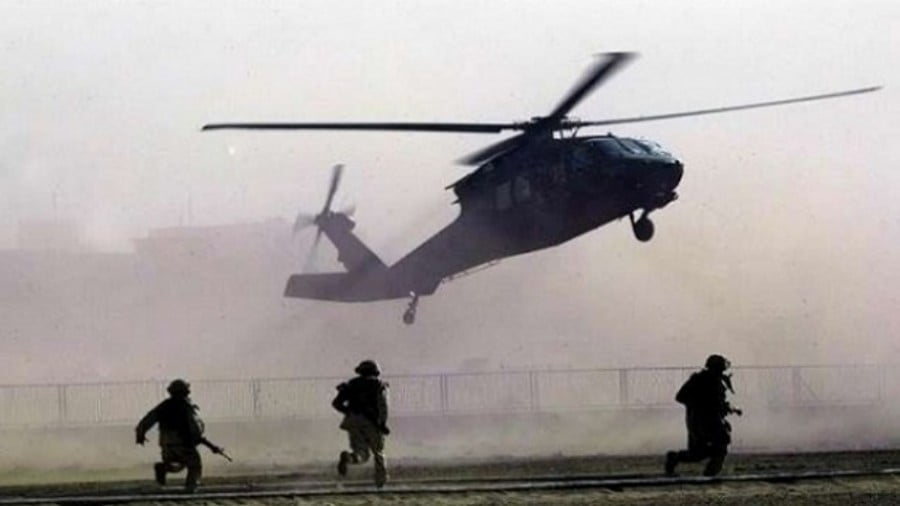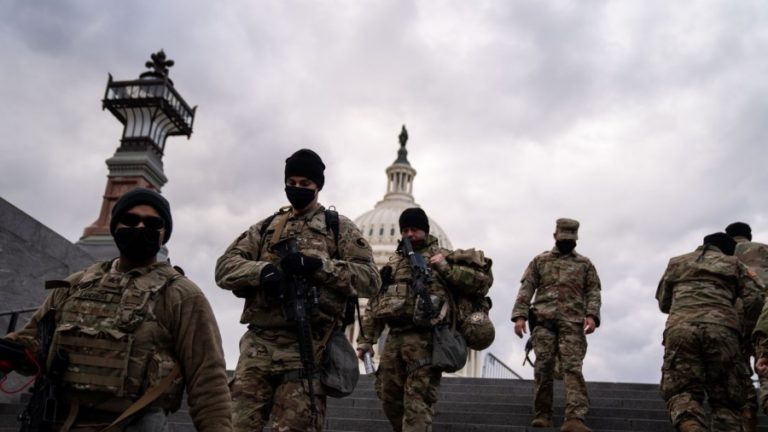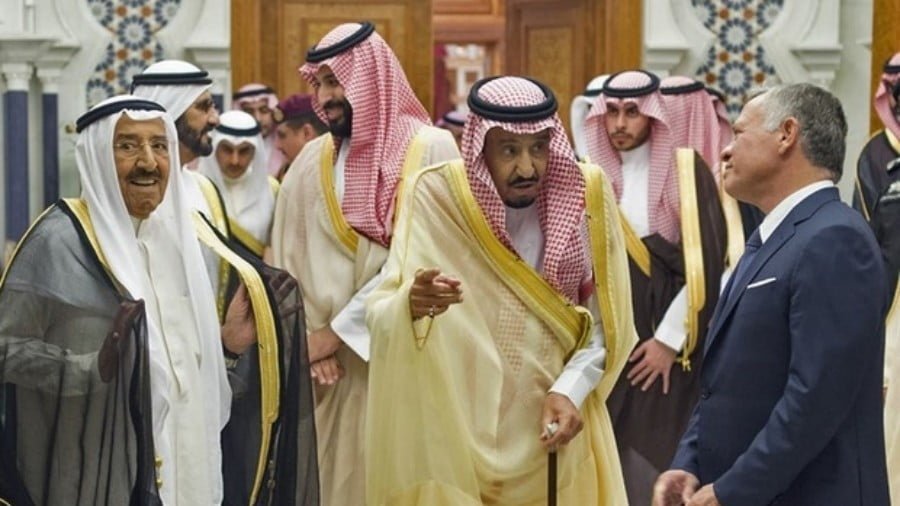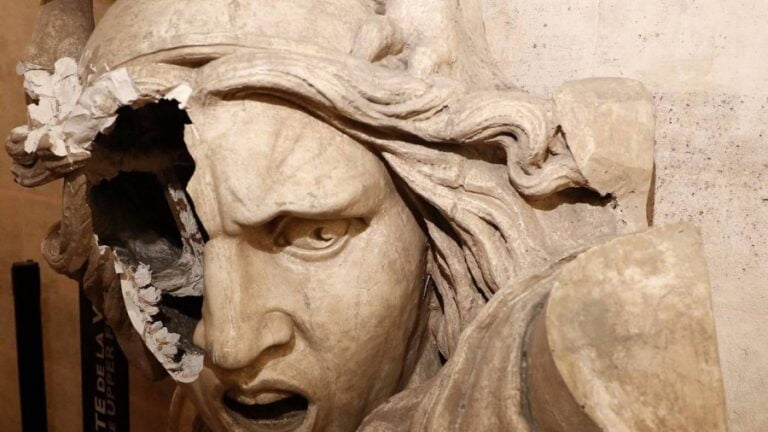Myanmar Needs International Support During Its State of Emergency
The worst-case scenario would be if some governments refuse to recognize what happened and continue to regard Suu Kyi as the “State Counsellor”. That could create a destabilizing situation somewhat resembling what’s happening right now in Belarus and Venezuela where a handful of countries recognize opposition figures as those states’ legitimate leaders after contested elections even though they don’t hold any power in reality.
Myanmar’s military, known as the Tatmadaw, declared a one-year state of emergency on Monday after detaining Aung San Suu Kyi and other members of the National League for Democracy (NLD) shortly before they were supposed to open the latest session of parliament. The NLD won 396 out of 476 seats in last November’s elections that were marred by accusations of fraud. The Tatmadaw claimed that it identified 8.6 million irregularities in voter lists in 314 townships, but the country’s Election Commission dismissed these accusations late last week. The military also wanted to postpone the elections because of the COVID-19 pandemic.
Senior General Min Aung Hlaing is now in charge of the fledgling Southeast Asian democracy for the next twelve months. The US previously imposed sanctions against him and other military officials in 2019 in response to their security operation in the restive northwestern Rakhine State. Washington and some other members of the international community were concerned that the crackdown there at that time amounted to “ethnic cleansing” against the Muslim minority that self-identify as indigenous “Rohingyas” but are considered by some in the state apparatus to be the descendants of illegal Bangladeshi immigrants.
Suu Kyi, despite previously being at odds with the military over various issues of internal governance, somewhat surprisingly supported them, which earned her the consternation of many of her former international supporters who expected her to split with the Tatmadaw. To her credit, she also largely retained Myanmar’s overall foreign policy direction by strengthening ties with China despite some having wrongly predicted that she’d seek to distance herself from the country’s top partner for political reasons. Nevertheless her recent detainment made her foreign friends forget their prior criticism and issue statements in her support.
Her party called on people to protest and not accept what they describe as a military coup. The Tatmadaw, however, urged everyone to abide by the law and be mindful of the sensitive situation at home. White House Press Secretary Jen Psaki had earlier warned that the US would punish Myanmar if the military acted to reverse the results of the latest elections. This threatening statement set the tone for America’s other allies to condemn the latest events there. Such actions aren’t helpful though since Myanmar needs international support, not political interference in its domestic affairs, during this difficult time.
However one might feel about what just took place in that country, it’s ultimately a strictly internal situation. Myanmar is a newly developing democracy which only recently started experimenting with this governance model. As such, it’s to be expected that there will be some bumps on the road as it moves forward along this path. Instead of meddling in its democracy, the rest of the world should support the military authorities as they seek to resolve the domestic political dispute stemming from last year’s contested elections. They might disapprove of what happened, but no new sanctions or other forms of punishment should be threatened.
Instead, the international community should ensure that all of its prior support to Myanmar remains in place. It shouldn’t be forgotten that large swathes of the country are still extremely poor and that the world’s longest-running civil war is still raging in some of its distant corners. New multisided security threats have since emerged in Rakhine State on top of the sharp domestic political divisions related to the latest elections. During such a sensitive time, the Myanmar people must know that their international partners stand on the side of security and stability. No country should take any rash moves which could endanger either of those two.
The worst-case scenario would be if some governments refuse to recognize what happened and continue to regard Suu Kyi as the “State Counsellor”. That could create a destabilizing situation somewhat resembling what’s happening right now in Belarus and Venezuela where a handful of countries recognize opposition figures as those states’ legitimate leaders after contested elections even though they don’t hold any power in reality. Those provocative decisions only worsened the security situation in each of them and failed to bring about the desired political change. So too will the same happen if this worrisome scenario repeats itself in Myanmar.







